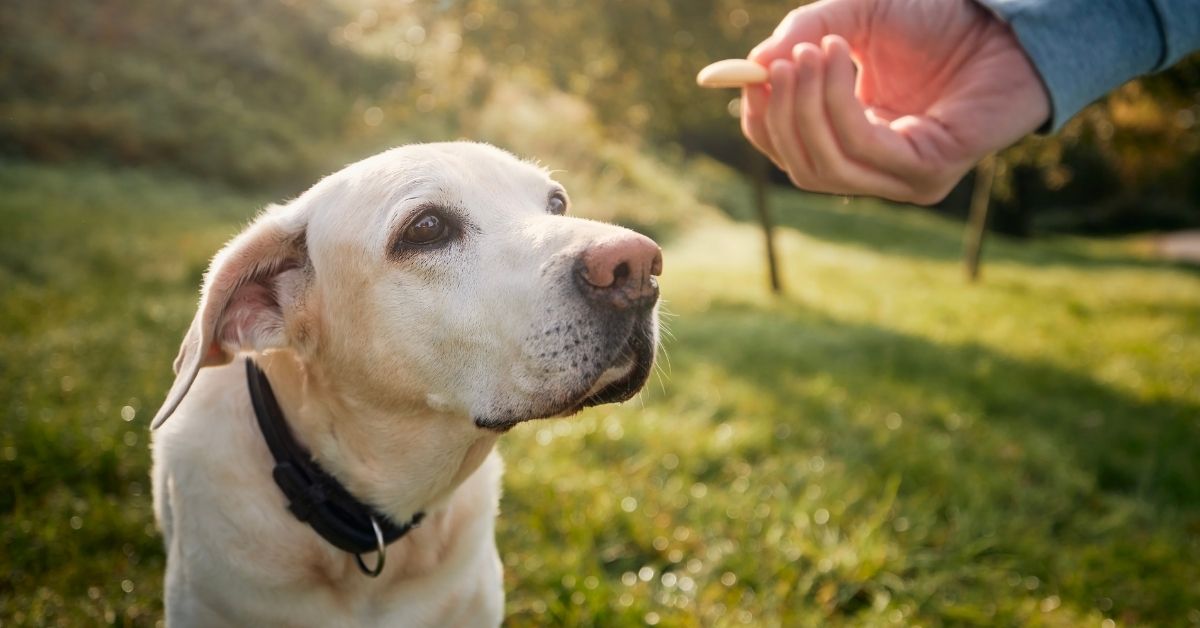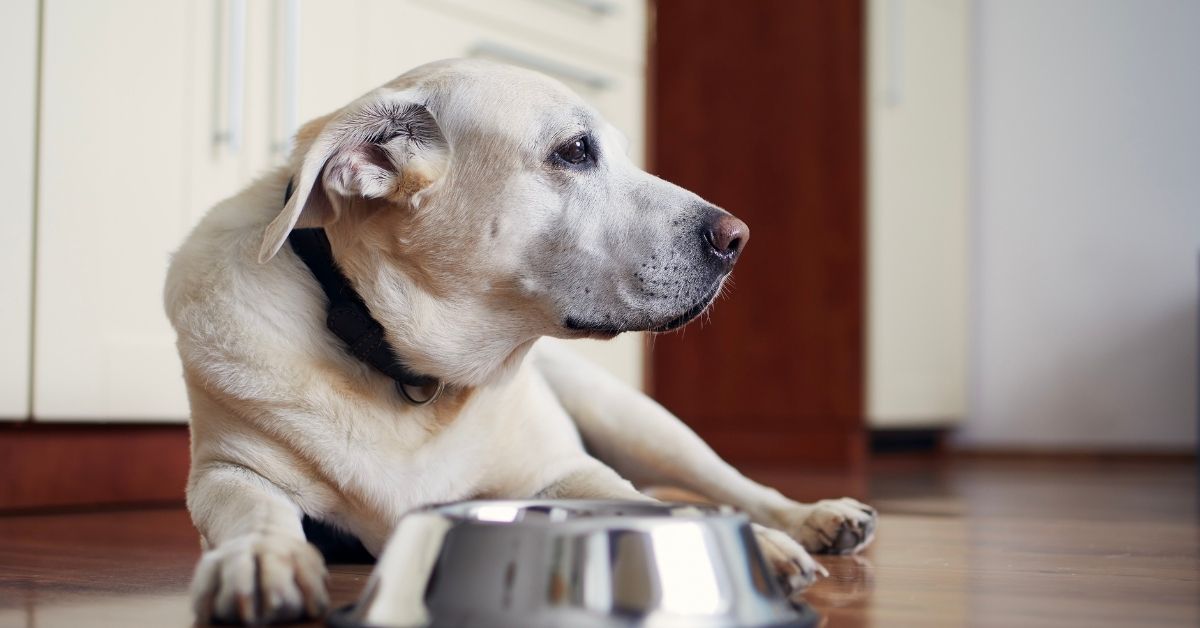
Multivitamins for Senior Labradors: Should You Use Them?
is your beloved Labrador Retriever enters their golden years—typically around age seven or eight—you might find yourself wondering if a daily multivitamin could help them maintain their health and vitality. It's a question many caring pet parents face, especially as they notice the subtle signs of aging in their faithful companions. The answer, like many aspects of senior dog care, isn't one-size-fits-all, but understanding the factors involved can help you make the best decision for your four-legged friend.
Understanding Your Senior Labrador Retriever's Changing Nutritional Needs
Labrador Retrievers are known for their robust appetites and energetic nature, but as they age, their nutritional requirements shift significantly. Senior dogs experience metabolic changes that affect how they process nutrients. Their digestive systems may become less efficient at absorbing vitamins and minerals from food, while simultaneously, their activity levels often decrease, requiring fewer calories but potentially more concentrated nutrition.
The aging process in Labs can bring about various health challenges that might benefit from nutritional support. Joint issues, particularly hip dysplasia and arthritis, are common in the breed. Cognitive decline, decreased immune function, and vision problems also frequently affect senior Labs. These age-related changes have led many veterinarians and pet owners to consider whether supplementation might help bridge nutritional gaps.
The Case for Multivitamins in Senior Labs
Proponents of multivitamin supplementation for senior dogs point to several compelling benefits. First, even high-quality commercial dog foods may not provide optimal levels of all nutrients for every individual dog, especially as absorption efficiency decreases with age. A well-formulated multivitamin can help ensure your Lab receives adequate amounts of essential nutrients like vitamins E and C, which act as antioxidants to combat cellular damage from aging.
Many senior-specific multivitamins also include joint-supporting ingredients like glucosamine and chondroitin, which may help maintain mobility in Labs prone to arthritis. B-complex vitamins can support cognitive function, potentially helping your senior Lab stay mentally sharp. Additionally, vitamins A and E, along with omega fatty acids often included in these supplements, can help maintain healthy skin and coat—important for Labs who may develop dry, flaky skin as they age.
Important Considerations and Potential Risks
However, multivitamin supplementation isn't without risks, and it's crucial to approach it thoughtfully. Over-supplementation can be just as harmful as deficiency. Fat-soluble vitamins (A, D, E, and K) can accumulate in your dog's body and reach toxic levels if given in excess. Even water-soluble vitamins, while generally safer because excess amounts are excreted in urine, can cause problems if overdosed.
The quality of supplements varies dramatically, and the pet supplement industry is less regulated than human supplements. Some products may not contain the ingredients listed on the label, or may include them in ineffective amounts. Others might contain contaminants or ingredients that could interact with medications your senior Lab may be taking for conditions like arthritis or heart disease.
The National Animal Supplement Council (NASC) offers guidance on how to identify safe, quality supplements for pets.
Making an Informed Decision
Before starting your senior Lab on any multivitamin regimen, a consultation with your veterinarian is essential. They can assess your dog's current health status, diet, and any existing conditions to determine whether supplementation would be beneficial. Blood work can reveal specific deficiencies that might warrant targeted supplementation rather than a broad-spectrum multivitamin.
Your vet will also consider your Lab's current diet. If you're feeding a high-quality senior dog food, it may already be fortified with appropriate levels of vitamins and minerals for aging dogs. In this case, additional supplementation might be unnecessary or even harmful. However, if your Lab has specific health issues or is on a homemade diet, supplementation might be more critical.
👉 For more tips on recognizing signs of aging in your dog, check out our guide on how to tell if your senior Labrador is in pain.
As your beloved Labrador Retriever enters their golden years—typically around age seven or eight—you might find yourself wondering if a daily multivitamin could help them maintain their health and vitality. It's a question many caring pet parents face, especially as they notice the subtle signs of aging in their faithful companions. The answer, like many aspects of senior dog care, isn't one-size-fits-all, but understanding the factors involved can help you make the best decision for your four-legged friend. compelling benefits. First, even high-quality commercial dog foods may not provide optimal levels of all nutrients for every individual dog, especially as absorption efficiency decreases with age. A well-formulated multivitamin can help ensure your Lab receives adequate amounts of essential nutrients like vitamins E and C, which act as antioxidants to combat cellular damage from aging.
Choosing the Right Multivitamin
If you and your veterinarian decide that a multivitamin would benefit your senior Lab, selecting the right product is crucial. Look for supplements specifically formulated for senior dogs, as these will typically have appropriate dosages and may include additional beneficial ingredients for aging pets. Choose products from reputable manufacturers who conduct third-party testing and can provide certificates of analysis.
The best multivitamins for senior Labs often include not just basic vitamins and minerals, but also ingredients targeting common age-related issues. These might include antioxidants for cellular health, joint support compounds, omega fatty acids for coat and cognitive health, and probiotics for digestive support. The supplement should be appropriately sized for your Lab's weight—remember that Labs are large dogs, typically weighing 55-80 pounds, so they'll need different dosages than smaller breeds.
Alternative Approaches to Consider
While multivitamins can be beneficial, they're just one tool in maintaining your senior Lab's health. Many veterinarians advocate for a "food first" approach, optimizing nutrition through diet before adding supplements. This might mean switching to a high-quality senior dog food or adding fresh, whole foods to your Lab's diet under veterinary guidance.
Regular exercise, mental stimulation, and preventive veterinary care are equally important for senior Labs. Maintaining a healthy weight is crucial, as excess pounds put additional strain on aging joints. Some Labs may benefit more from targeted supplements for specific issues—such as joint supplements for arthritis or omega-3 supplements for cognitive support—rather than a broad multivitamin.
Conclusion: A Personalized Approach
The decision to give your senior Labrador a daily multivitamin should be based on their individual needs, health status, and current diet. While multivitamins can provide valuable nutritional support for aging dogs, they're not necessary for every senior Lab and shouldn't be viewed as a magic solution to aging.
The key is to work closely with your veterinarian to develop a comprehensive health plan for your senior Lab. This plan should include appropriate nutrition, whether through diet alone or diet plus supplementation, along with regular exercise, mental stimulation, and preventive care. By taking a thoughtful, individualized approach to your senior Lab's health, you can help ensure they enjoy their golden years with the vitality and comfort they deserve.
Remember, every Labrador Retriever is unique, and what works for one may not be ideal for another. The most important factor is your attentiveness to your dog's changing needs and your commitment to providing them with the best possible care as they age. Whether that includes a daily multivitamin or not, your senior Lab is lucky to have an owner who cares enough to ask these important questions.
📸 Photo Credits: Featured images in this article are licensed from Shutterstock



